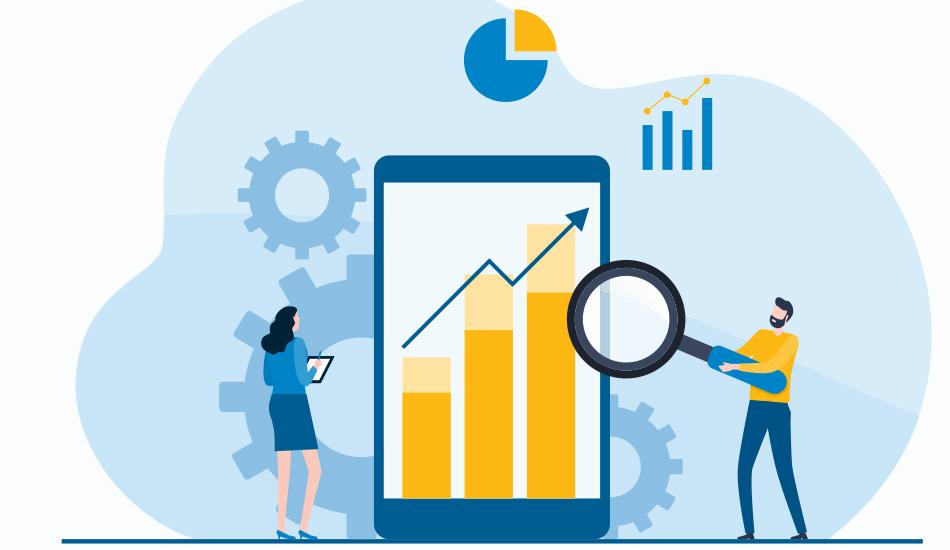
The European Insurance and Occupational Pensions Authority (EIOPA) published today its advice to the European Commission on two pensions tools, the pension tracking system and the pensions dashboard. The advice is an important step towards raising citizens’ awareness of their future retirement income, enhancing the monitoring of national pension systems and ultimately a way forward in closing pension gaps.
Pension Tracking System
The pension tracking system aims to help citizens to understand what income they can expect in their retirement and raise their awareness on whether this will be sufficient. Currently, in 20 Member States citizens are unable to obtain an overview of their pension entitlements in an accessible way from all possible pension sources.
With the goal to help Member States in Europe that do not have a pension tracking system in place, EIOPA in its advice provides a set of principles, good practices and recommendations, aiming to facilitate citizens’ digital access to personal pension information.
Building a pension tracking system can take several years. To facilitate this process for Member States, EIOPA has developed a visual roadmap that contains four phases from preparation to launch, including relevant conceptual and practical steps to consider under each phase.
In respect of product design, EIOPA recommends displaying key information in a simple manner to make a pension tracking system appealing and understandable for consumers.
Member States are also encouraged to connect to the European Tracking Service to offer intra-EU mobile workers access to their pensions entitlements accrued in the course of their career.
Pensions Dashboard
The aim of the pensions dashboard is to increase transparency on adequacy and sustainability gaps to support policy makers at national and EU level to make informed decisions.
EIOPA advises to develop a visual pension dashboard to strengthen the monitoring of pension developments in the Member States by presenting a complete set of indicators that allow for enhanced analysis and comparison and are also easy to comprehend. In particular, EIOPA recommends using indicators drawn from the European Commission’s triennial Ageing, Pension Adequacy and Fiscal Sustainability reports. These indicators need to be complemented with key information on the contribution of privately provided occupational and personal pensions.
Furthermore, EIOPA recommends that additional pensions data are collected from private pension providers, including non-pension fund providers.
EIOPA identified substantial data gaps with key data only being available for half of the supplementary pension plans and products offered in the EU. Therefore, EIOPA believes that resolving these data gaps is essential to enable Member States to make pensions projection and design suitable policy responses coping with future pressure on public finances or poverty of the senior population. A step-by-step approach is recommended in the implementation by using currently available pensions data and enhancing the indicators over time.
Background
The June 2020 report of the High Level Forum on the Capital Markets Union showed that 18% of EU citizens currently are at risk of poverty or social exclusion in older age, making pension adequacy a major policy issue. The European Commission published in September 2020 its Capital Markets Union Action Plan. Subsequently, EIOPA prepared the technical advice in response to the European Commission’s call for advice from December 2020.
In the development of the pension tracking system and the pension dashboard advice, EIOPA conducted a thorough costs and benefits analysis, consulted publicly, and engaged with the industry and EIOPA’s stakeholders groups.
Details
- Publication date
- 1 December 2021